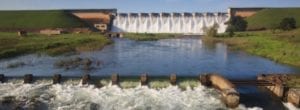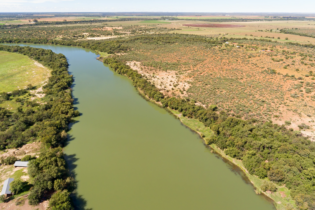A recent collaboration between the uMshwathi local municipality and a South African environmental organisation represents a constructive step forward towards securing the uMngeni and uMvoti water catchment’s ecological infrastructure.
Under the auspices of the Capacity for Catchments Partnership Project, which focuses on capacity building for municipalities, two leadership workshops were conducted in early October for 35 municipal Ward Committee members, two municipal officials and two officials from KwaZulu-Natal Department of Economic Development, Tourism and Environmental Affairs. These workshops, conducted by WESSA/WWF-SA, were based on a number of prior meetings and discussions with the municipality on the significance of the ecological infrastructure in the uMngeni and uMvoti water catchment for addressing water security issues. The poor quality and unavailability of water in the area did not come as news to the workshop participants, as most of them reported having already experienced reduced provision of potable water and likened their local streams to “flowing dump sites”.Pollution creating a disconnect
Concerns were raised that this has caused disconnect between local people and their rivers, as the severe pollution means that they are now barely able to use them for domestic purposes.Another concern raised at the workshop was that the natural springs, which the community has traditionally relied to supply good quality water, are drying up.
The aim of the workshop was thus to empower the municipal participants by building an appreciation of the value of healthy catchments, by increasing their understanding of water issues and by providing them with tools to address these. The workshop covered numerous important topics, such as developing an understanding of the ecological infrastructure specific to the uMngeni and uMvoti catchments; sustainable development on a municipality and catchment level; environmental rights and responsibilities in addressing water security issues; spatial planning; citizen science tools and environmental legislative tools. One of the municipal officials in attendance was IDP coordinator Sbahle Ngubane, who said “The workshop was very significant in my discipline. I will apply the knowledge in IDP and SDF”.






